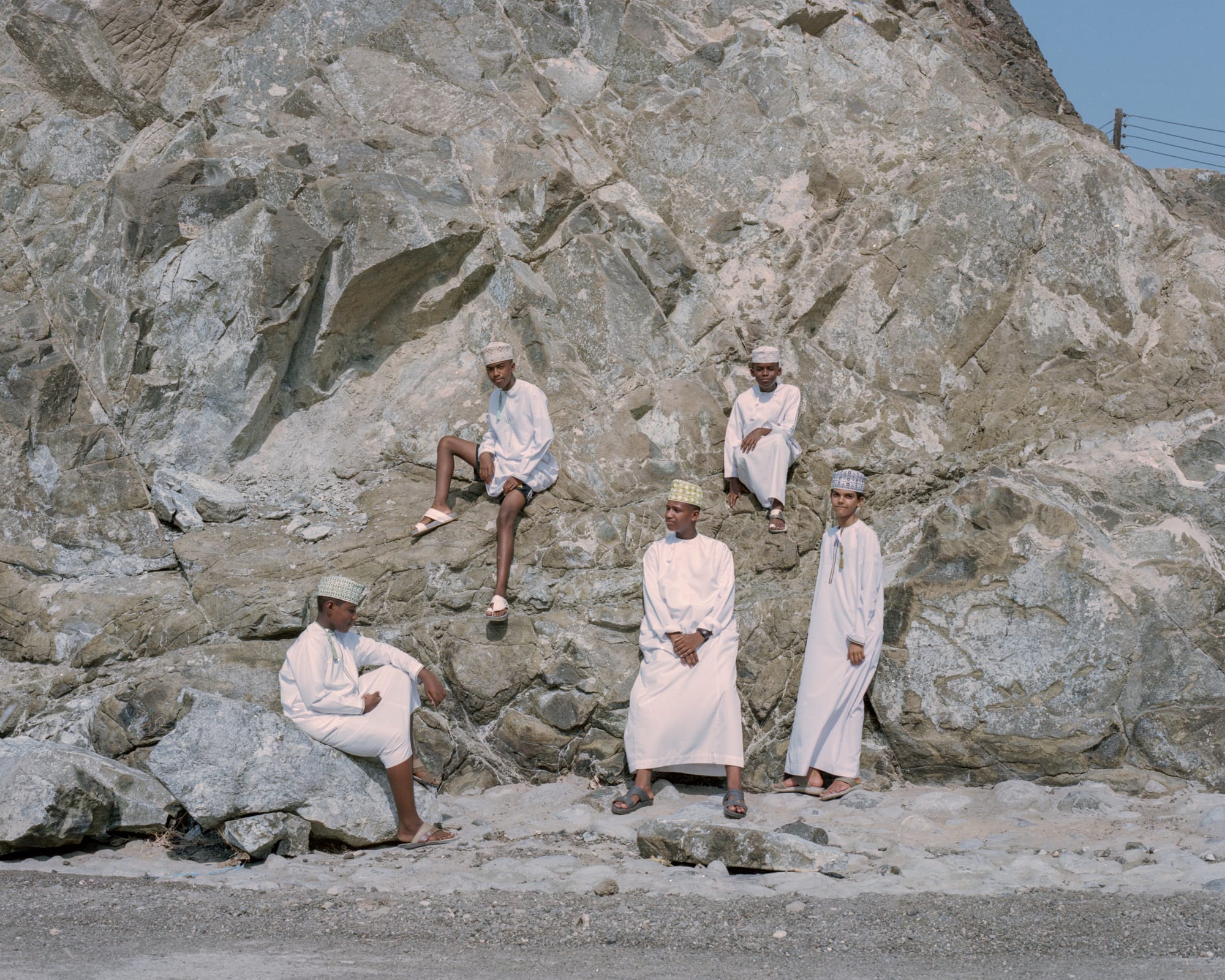
On January 10, 2020, the Sultanate of Oman mourned the death of Qābūs Bin Sa‘īd Āl-Būsa‘īdī, a beloved and cherished monarch whose fifty-year reign was marked by longevity, an absolute record in the Arab world. Throughout these years, Sultan Qābūs had shaped himself into a founding figure of modern Oman, dedicated to rapidly developing the country through oil wealth and inspired by the myth of the « Nahda ». However, while the migration of Asian workers continued to rise during his reign, the oil and gas resources were depleting. This situation led Qābūs to conceive the new development policy «Oman Vision 2040 ». After his death, it falls upon his cousin, the current Sultan Haitham Bin Tariq to pursue the work initiated.
Between the end of a successful reign for Sultan Qābūs and the commencement of Haitham's era, « Ashes of the Arabian's Pearl » explores a period of interconnection, a chrysalis of monarchic transition, and the pressing need for economic diversification as the oil and gas resources dwindle. From 2021 to 2023, this documentary project was born of a desire to closely observe the dynamics of economic development and the subjective future of this Gulf monarchy. On a broader scale, this documentary explores the prevailing trajectory for the region's monarchies in the reshaping of public policies to adjust to a world undergoing transformation, growth of inequalities and climate change.
In that spirit, "Ashes of the Arabian's Pearl" cultivates a metaphorical conversation between two distinct demographics: those in positions of employment and those who serve in such roles. The documentary illustrates the lifestyles of numerous men, specifically the skilled artisans who craft the dreams of the nation, largely hailing from India, Pakistan, and Bangladesh while contrasting their experiences with those from Omani entrepreneurial families. A series of portraits – sometimes in the form of opposition in diptychs – but not only, underline the connections and hierarchies embodied in this phenomenon of globalized labor migration.
«Ashes of the Arabian’s Pearl» is a multidisciplinary project combining a corpus of archives (resignation letters, canceled visas, medical orders and reports, pay stubs, dietary regimes, circulars, time sheets, etc.), sound recordings, objects found in abandoned labor camps – photographed in the studio as an inventory – (work tools, clothing, maps, personal items, etc.), and a set of over a hundred medium-format photographs.
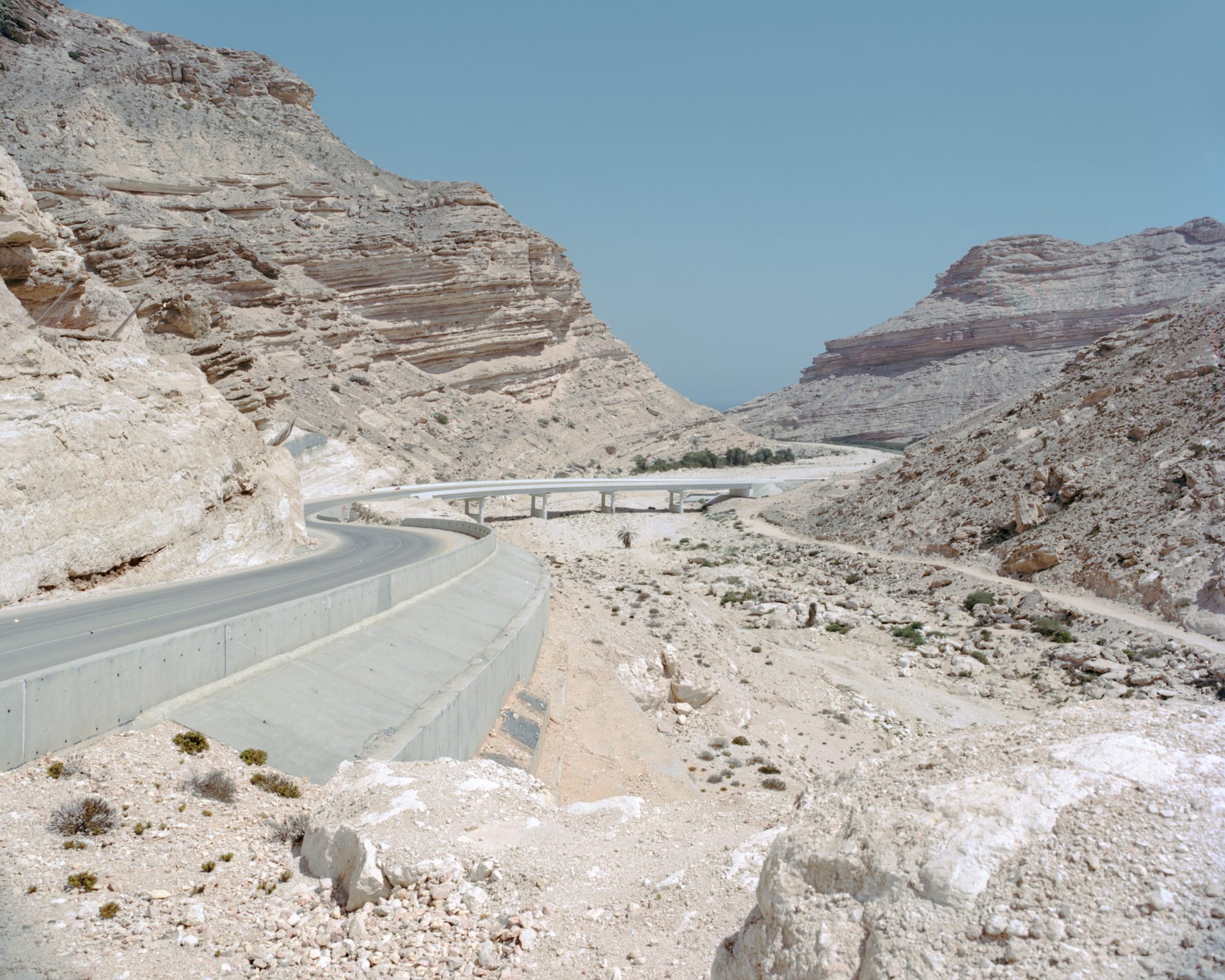
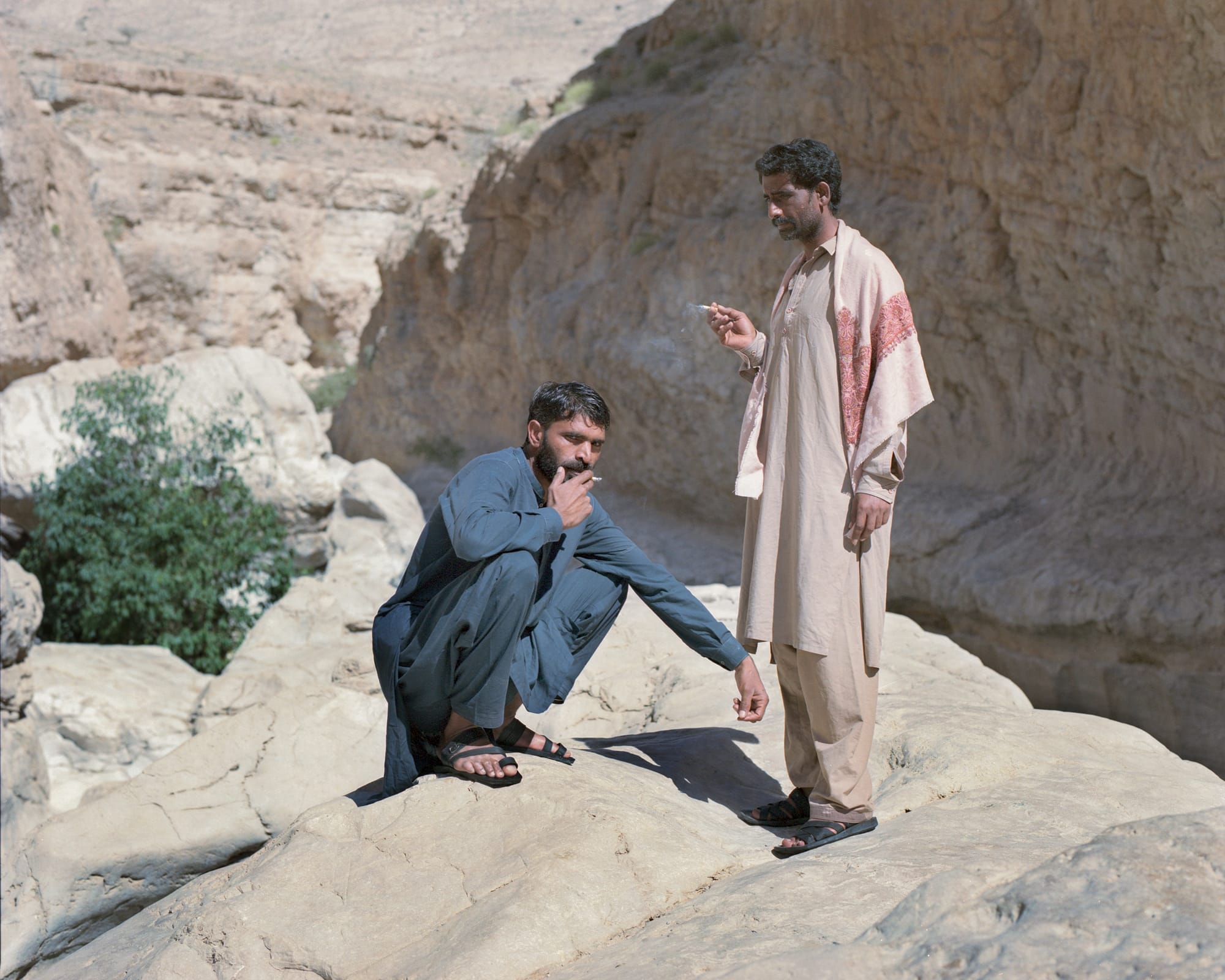
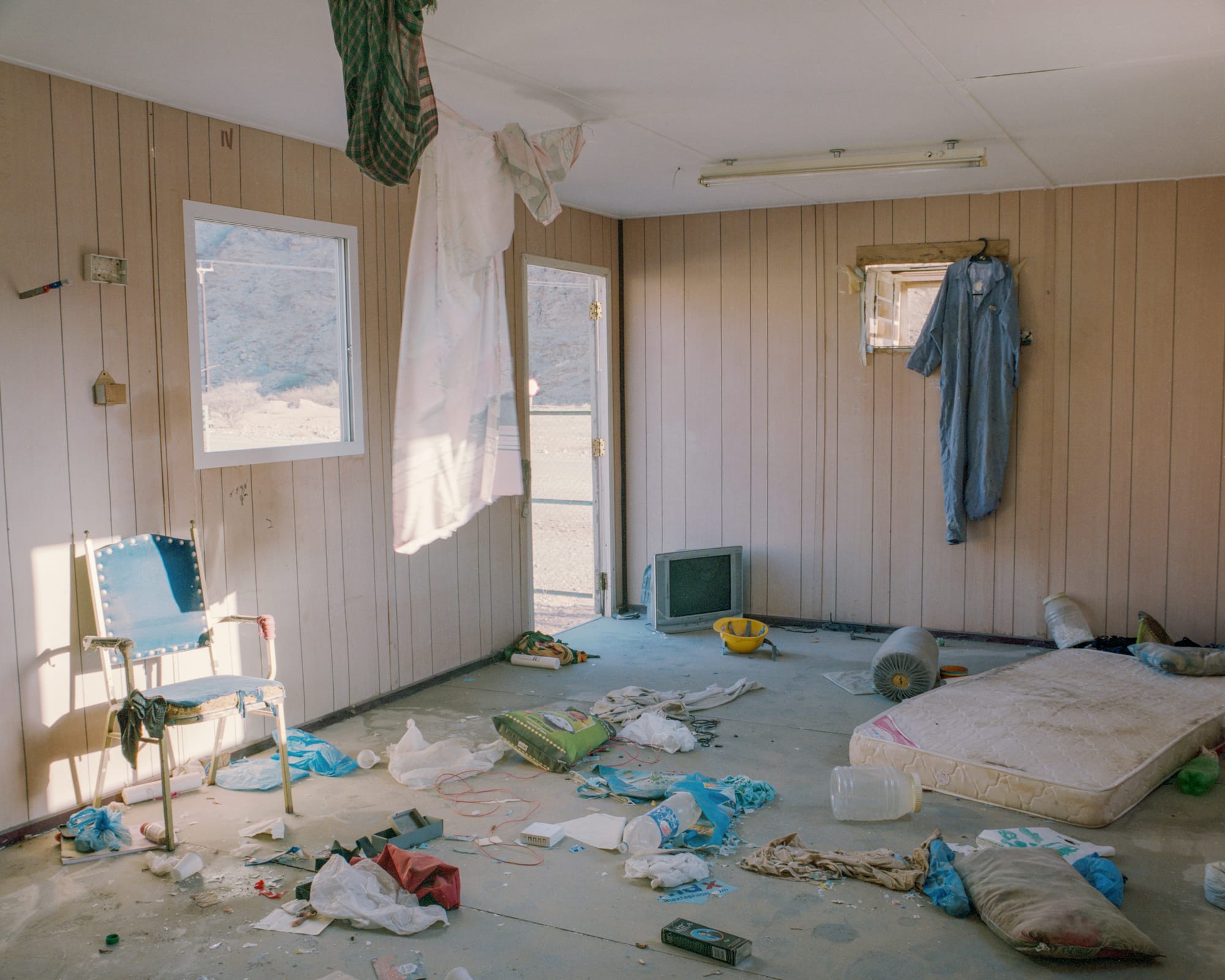
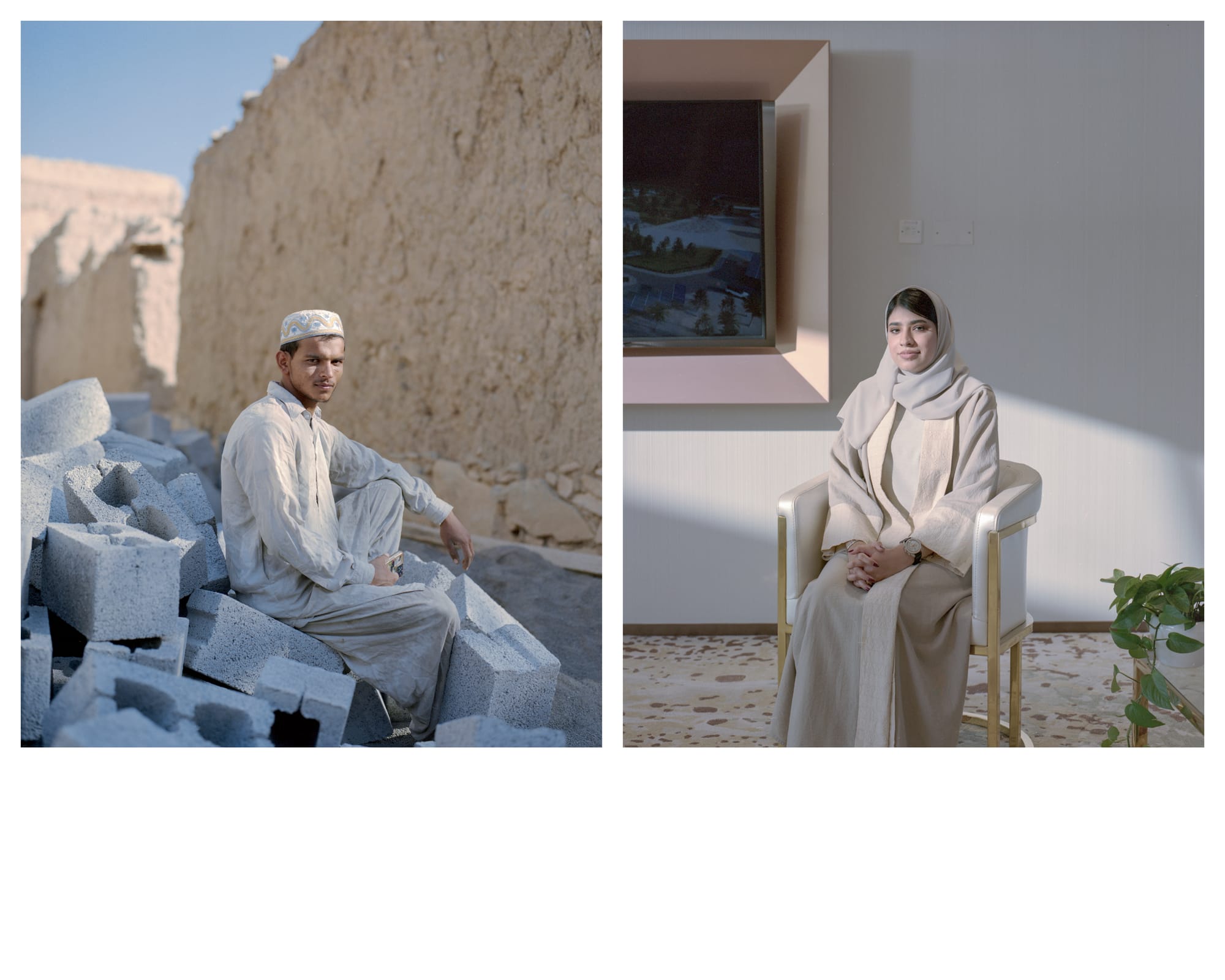
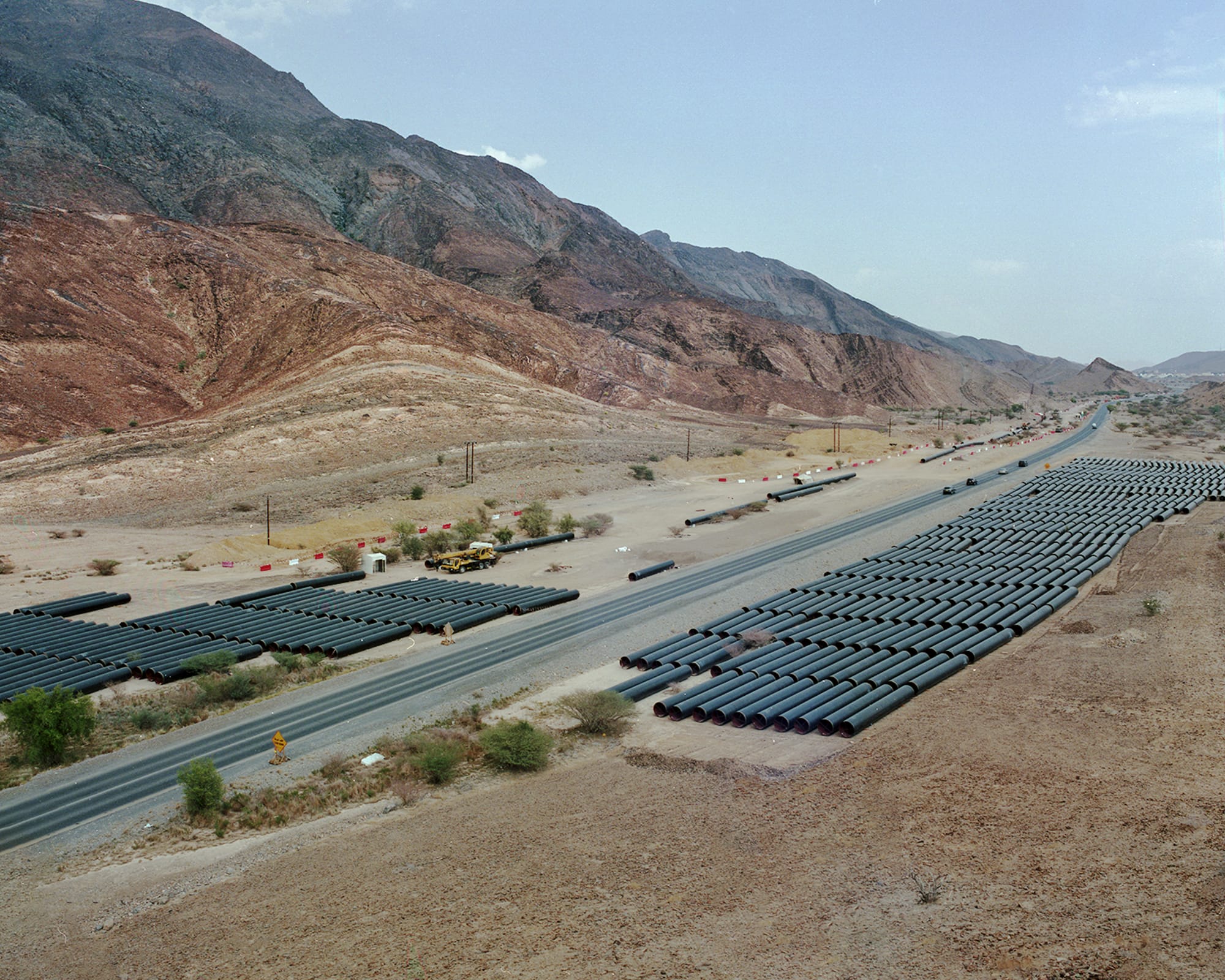
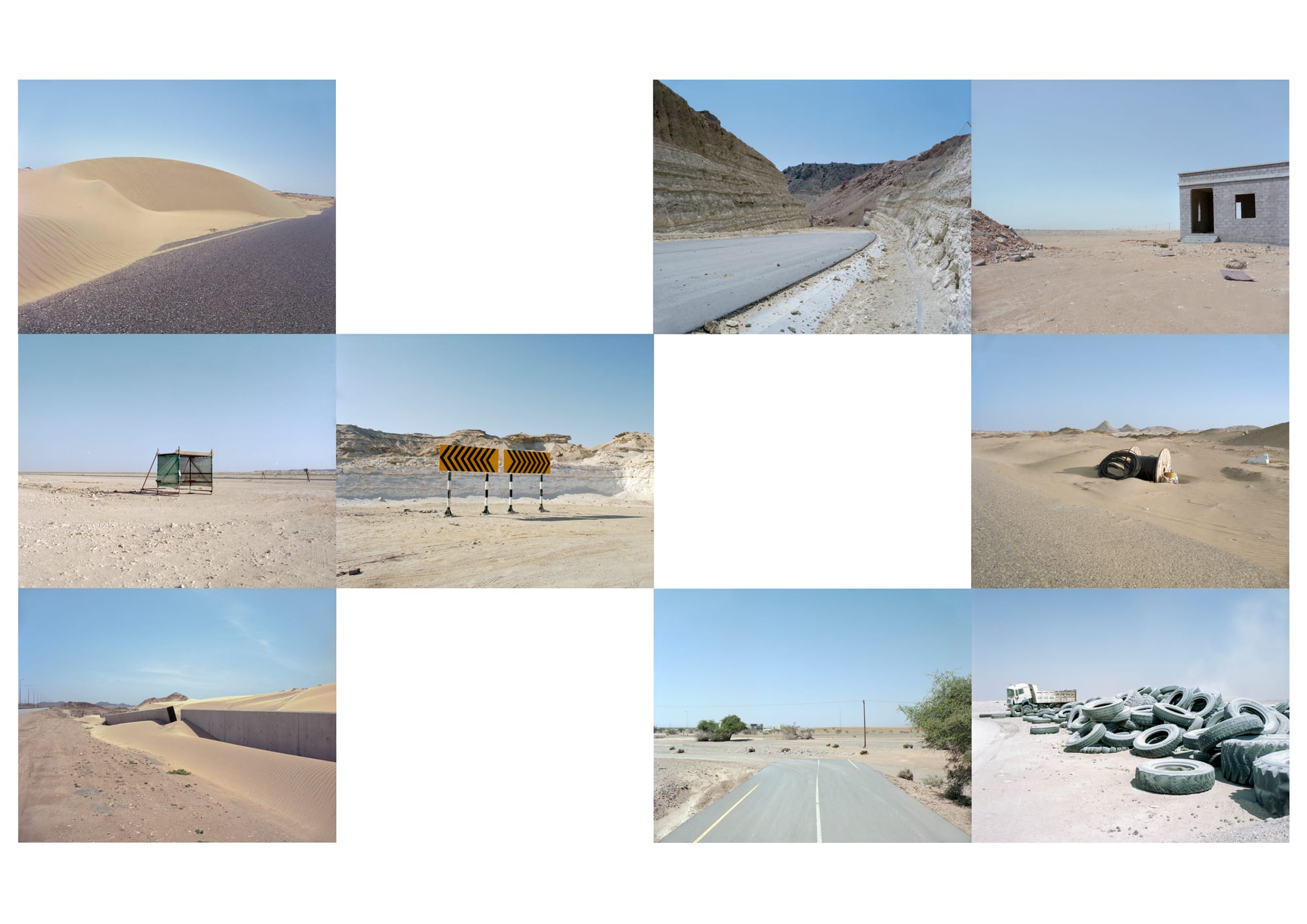
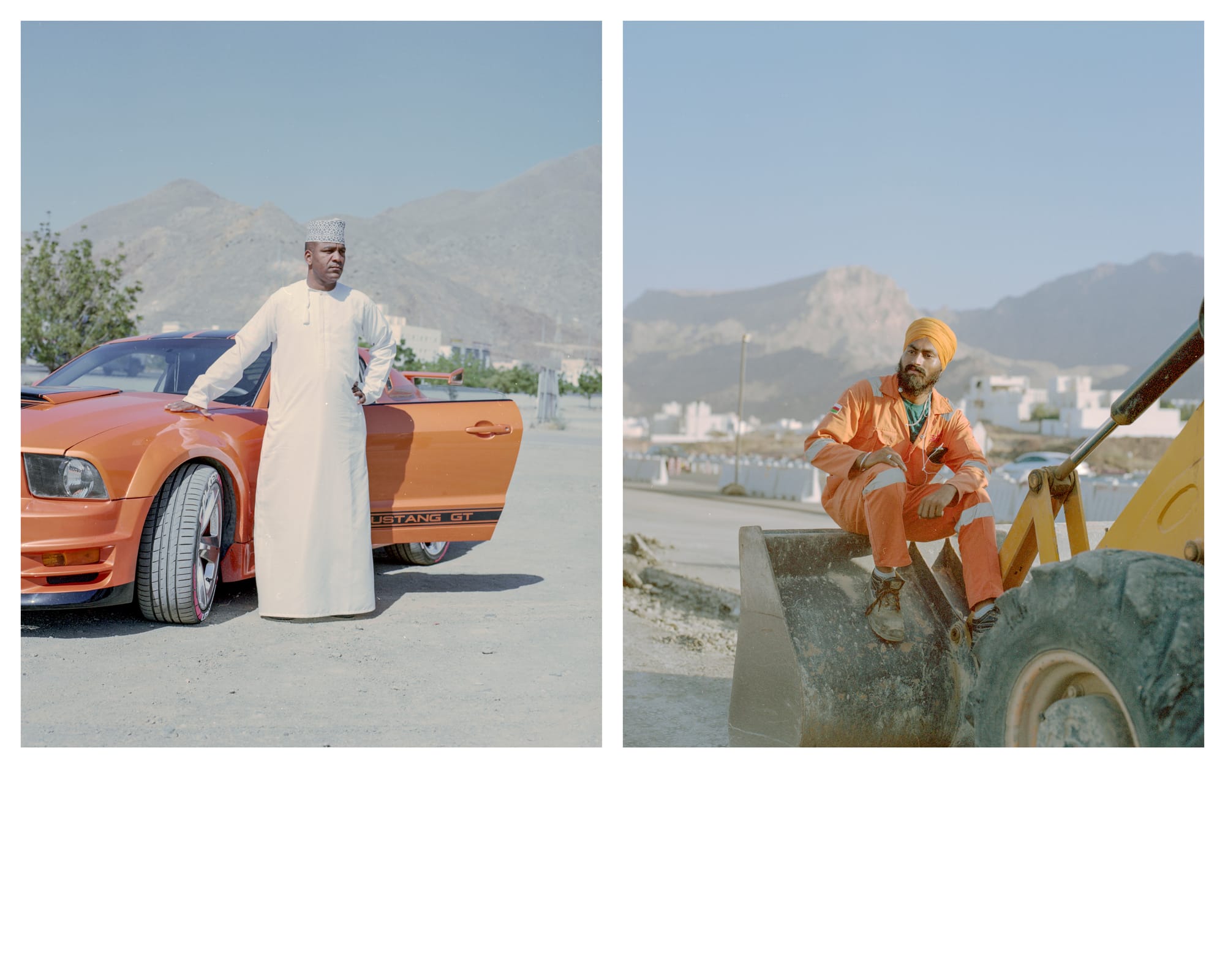
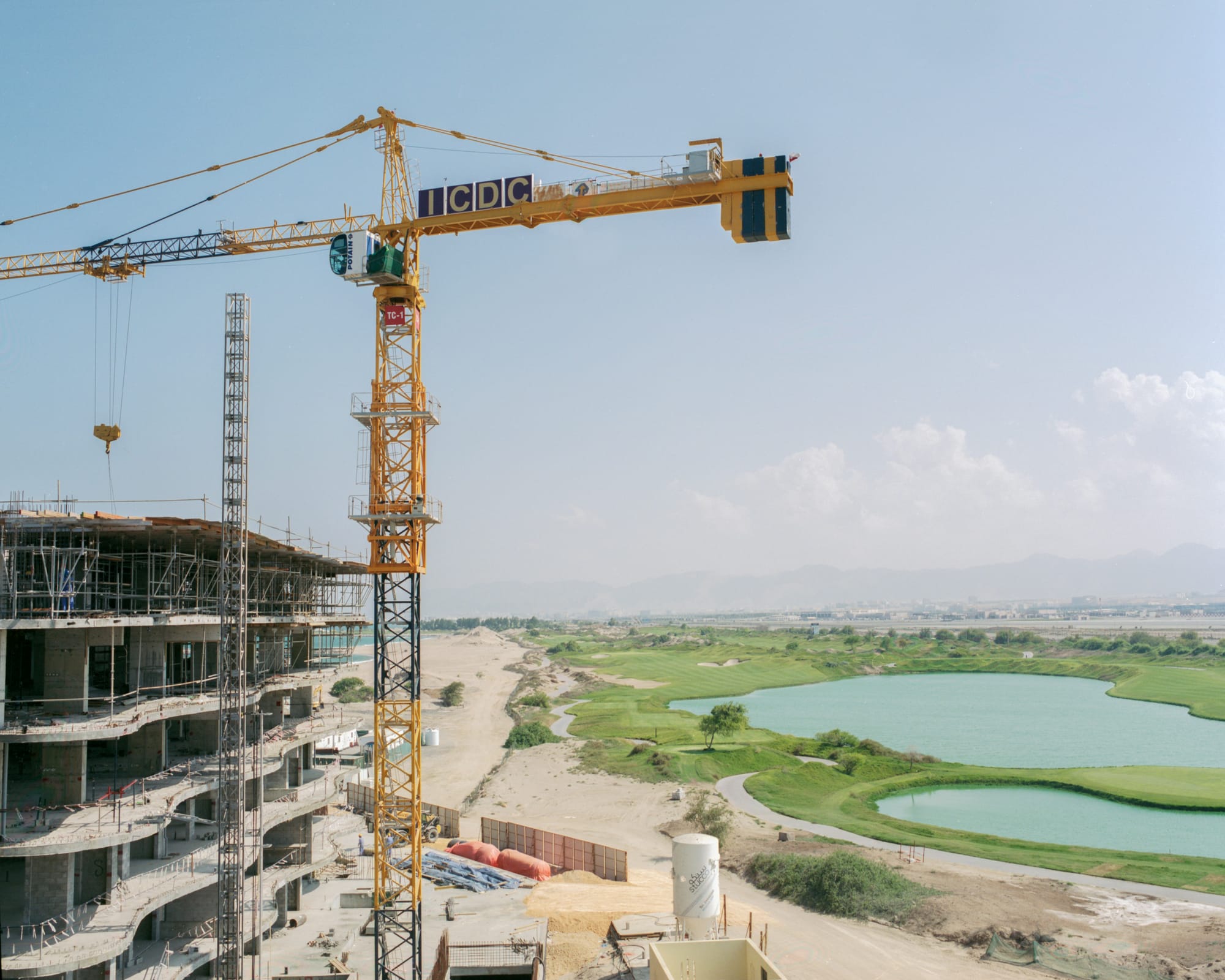
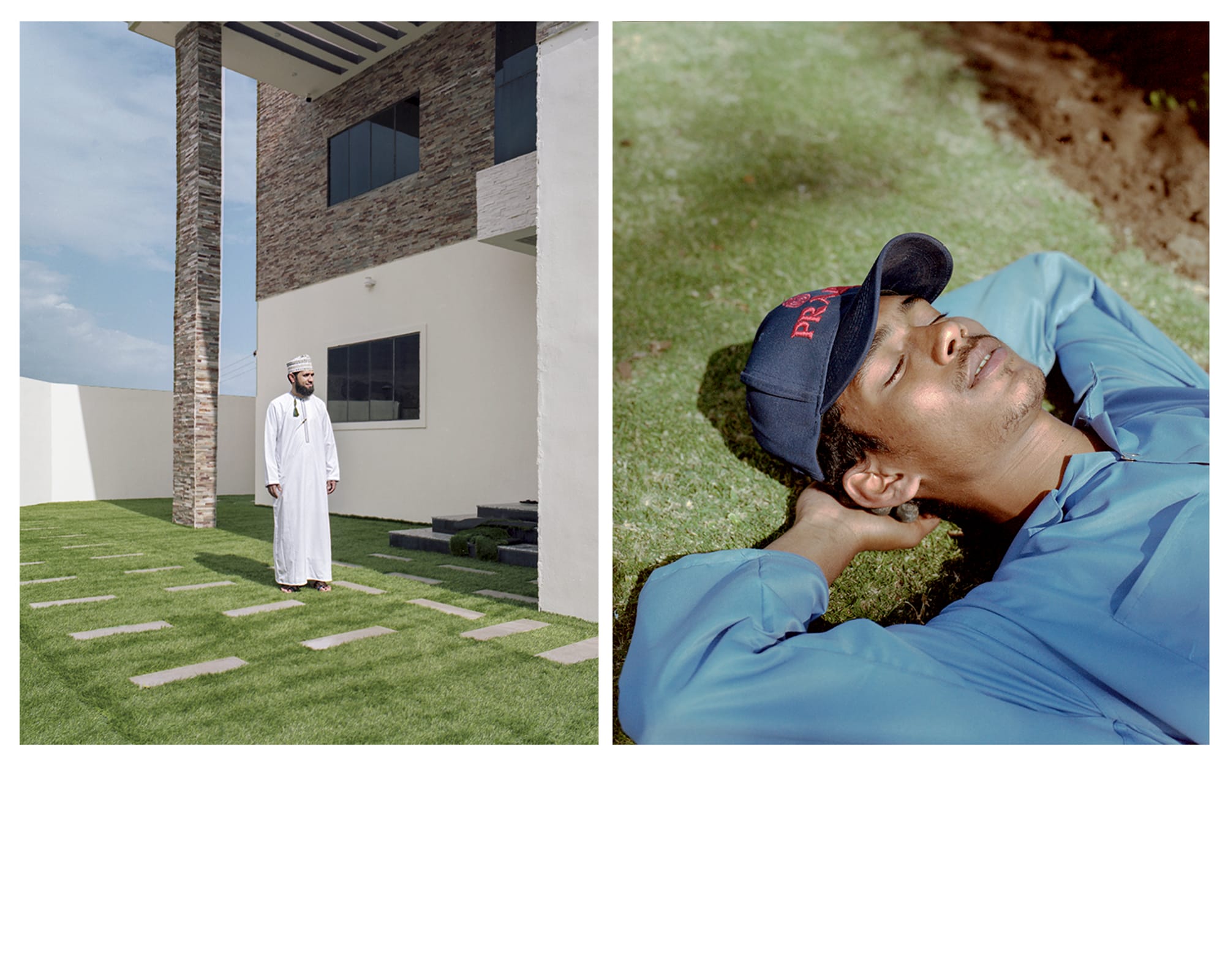
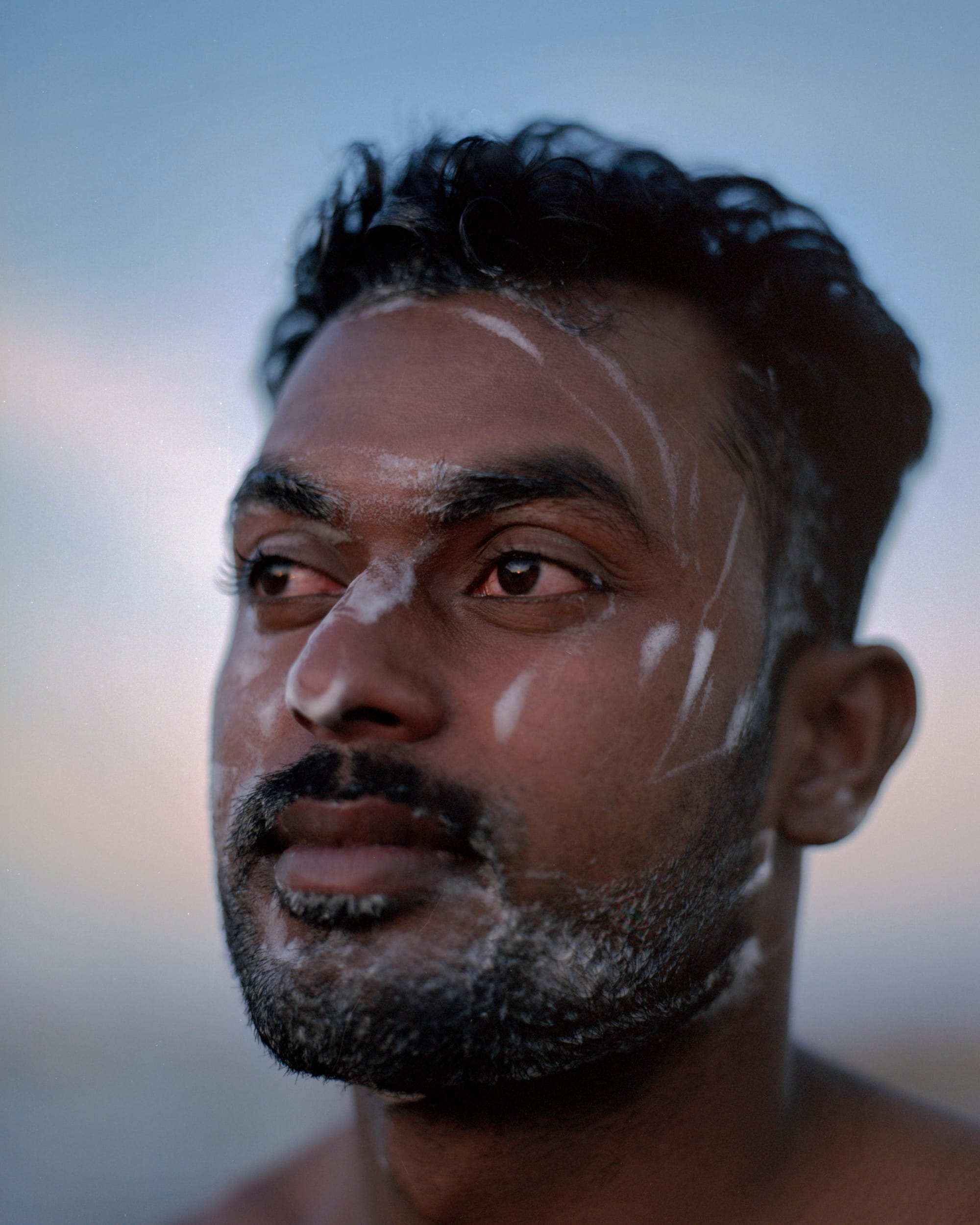
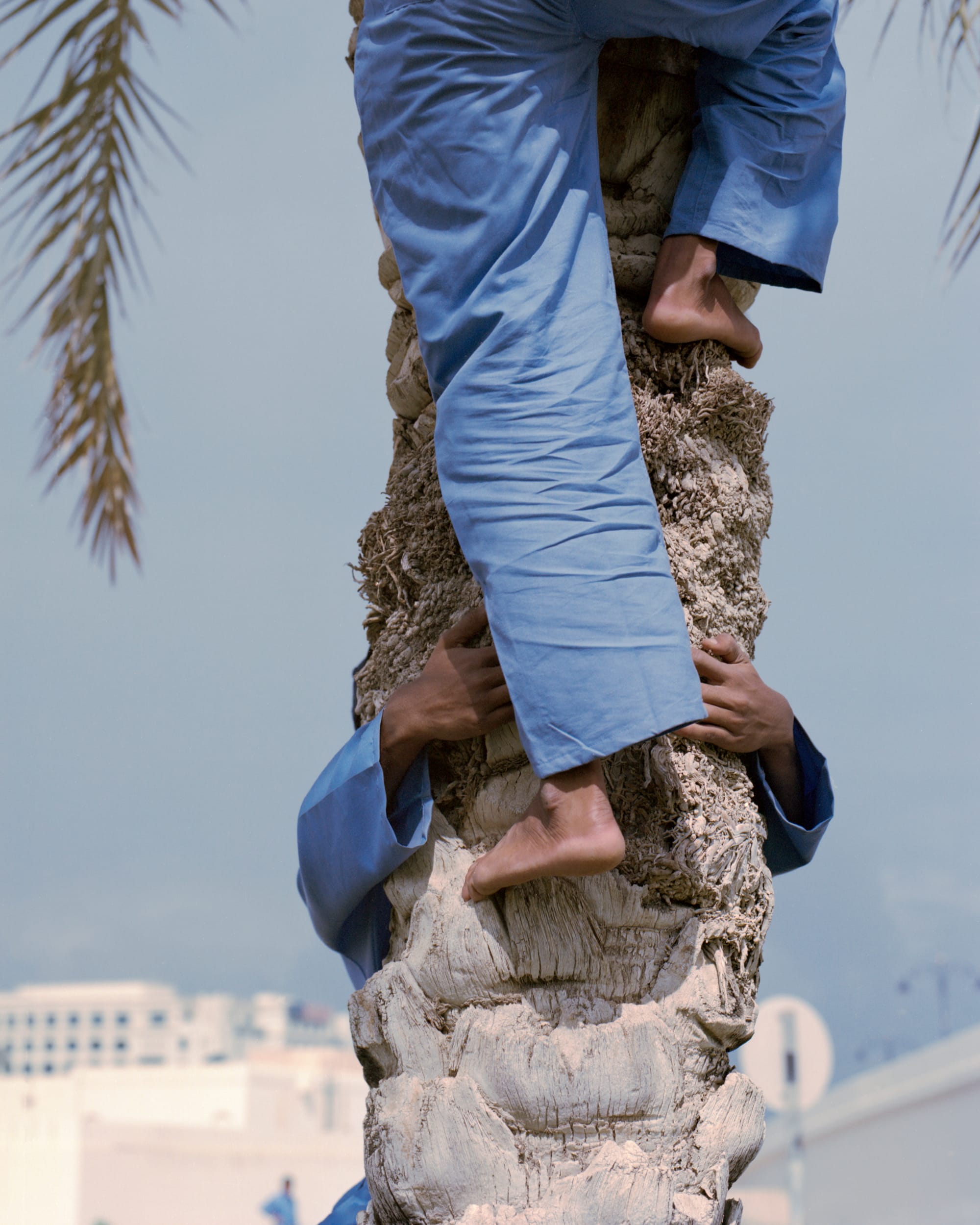
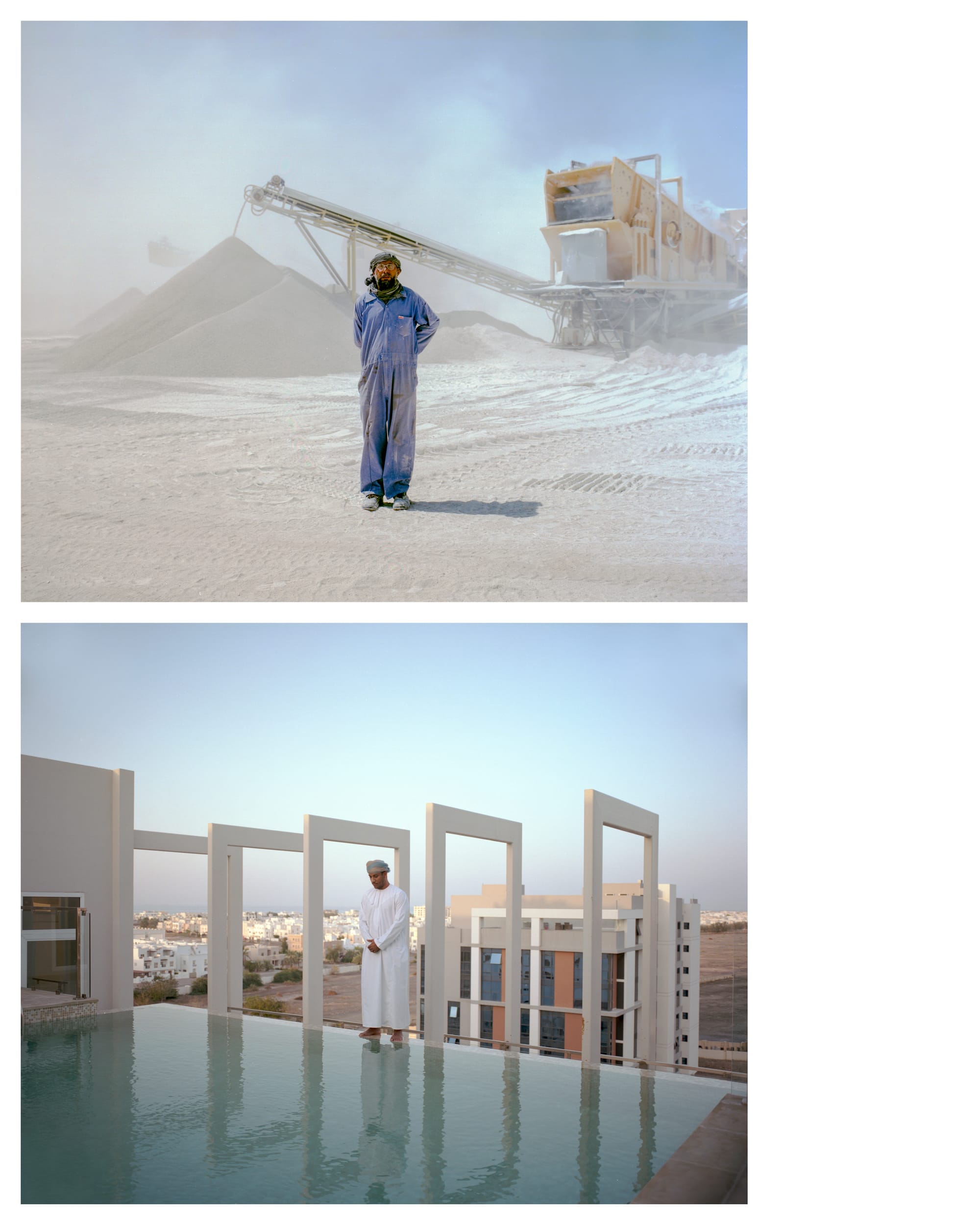
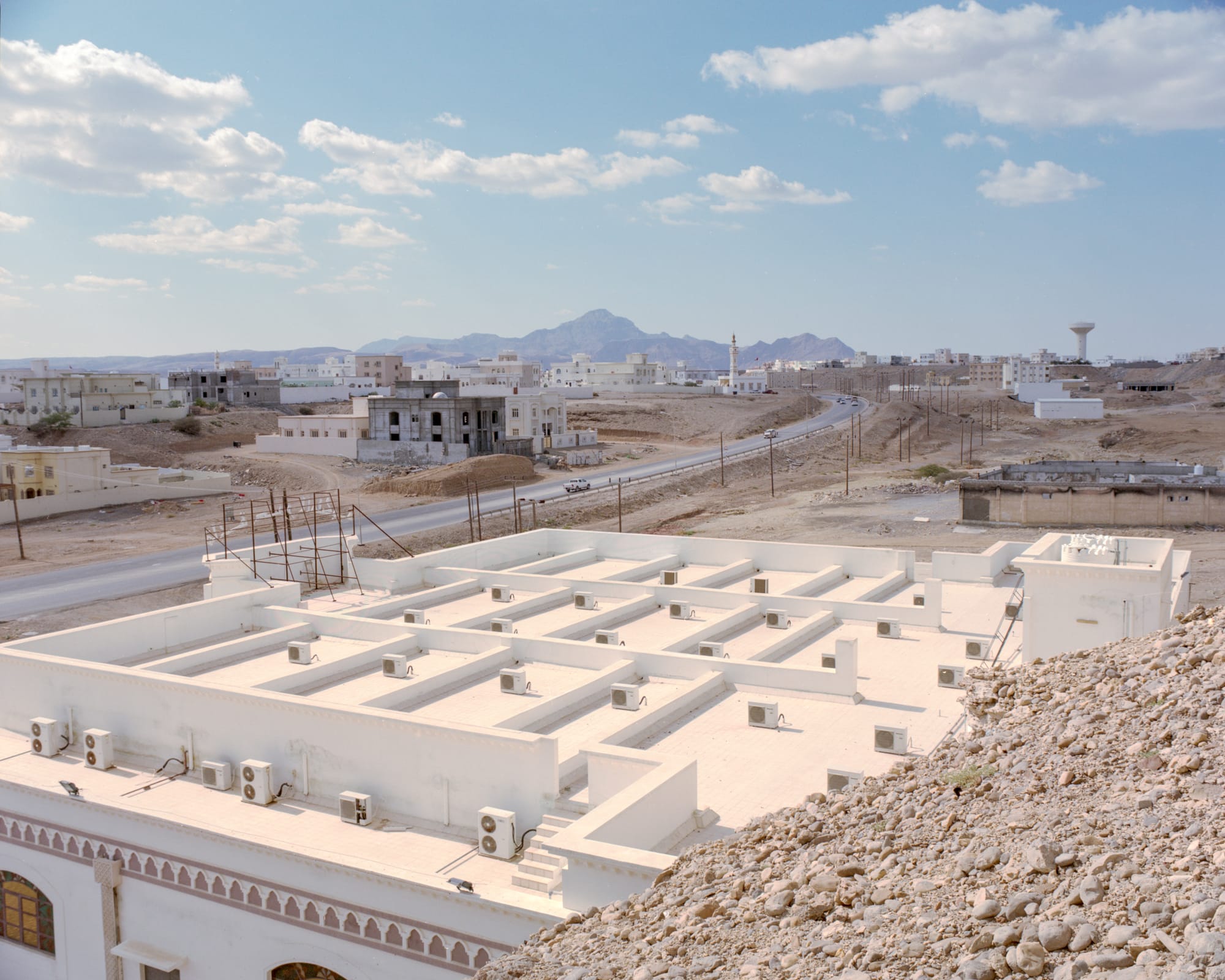
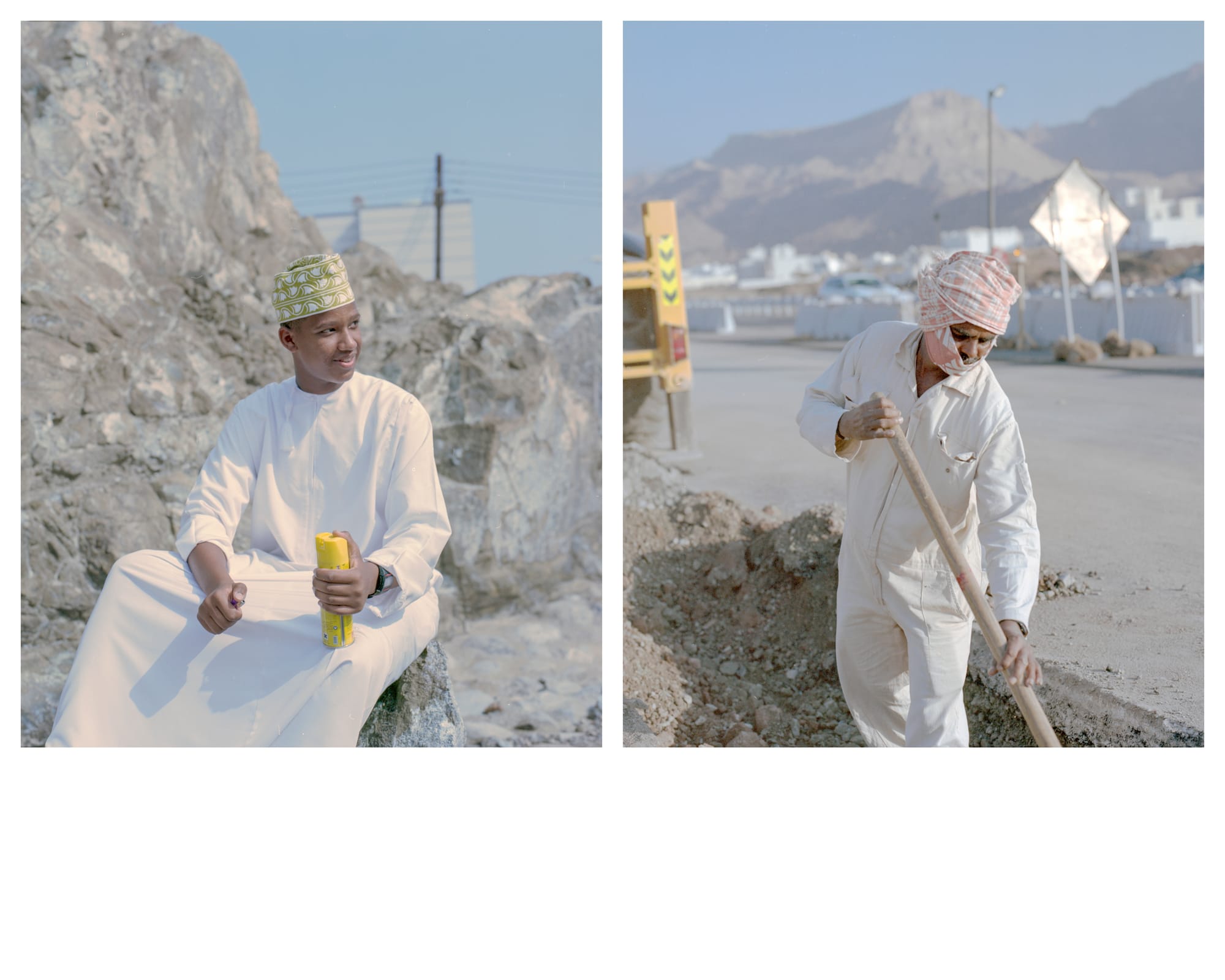
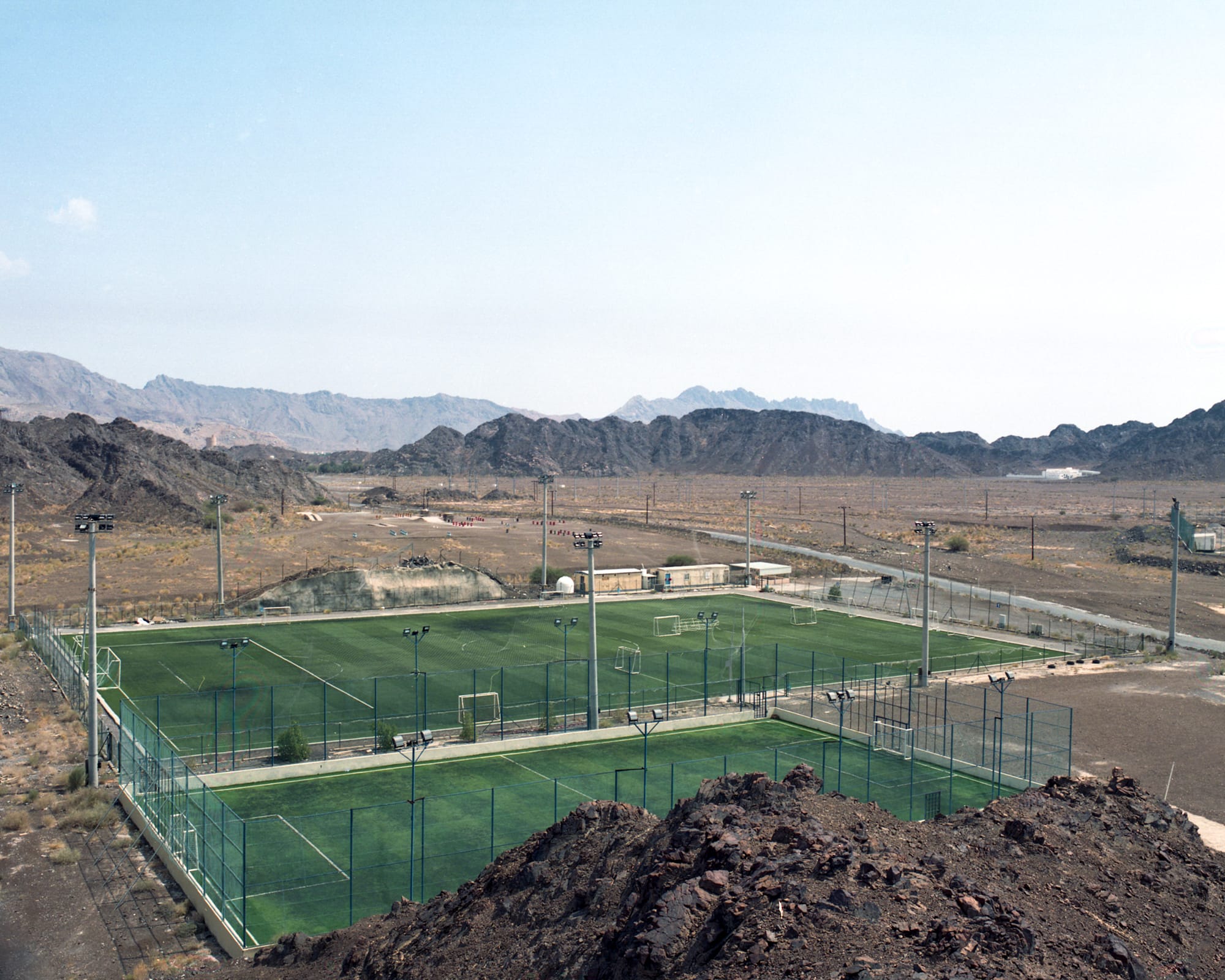
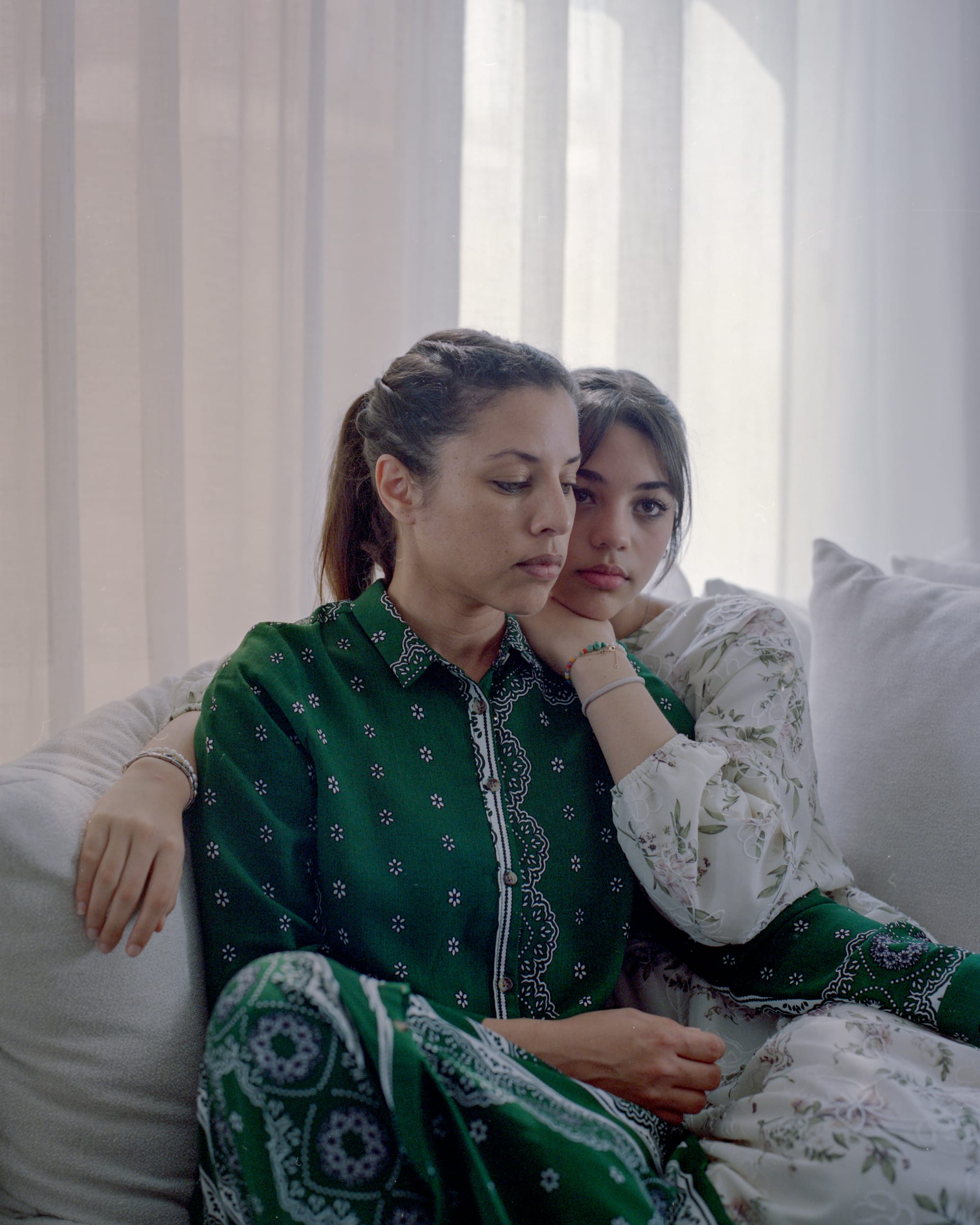
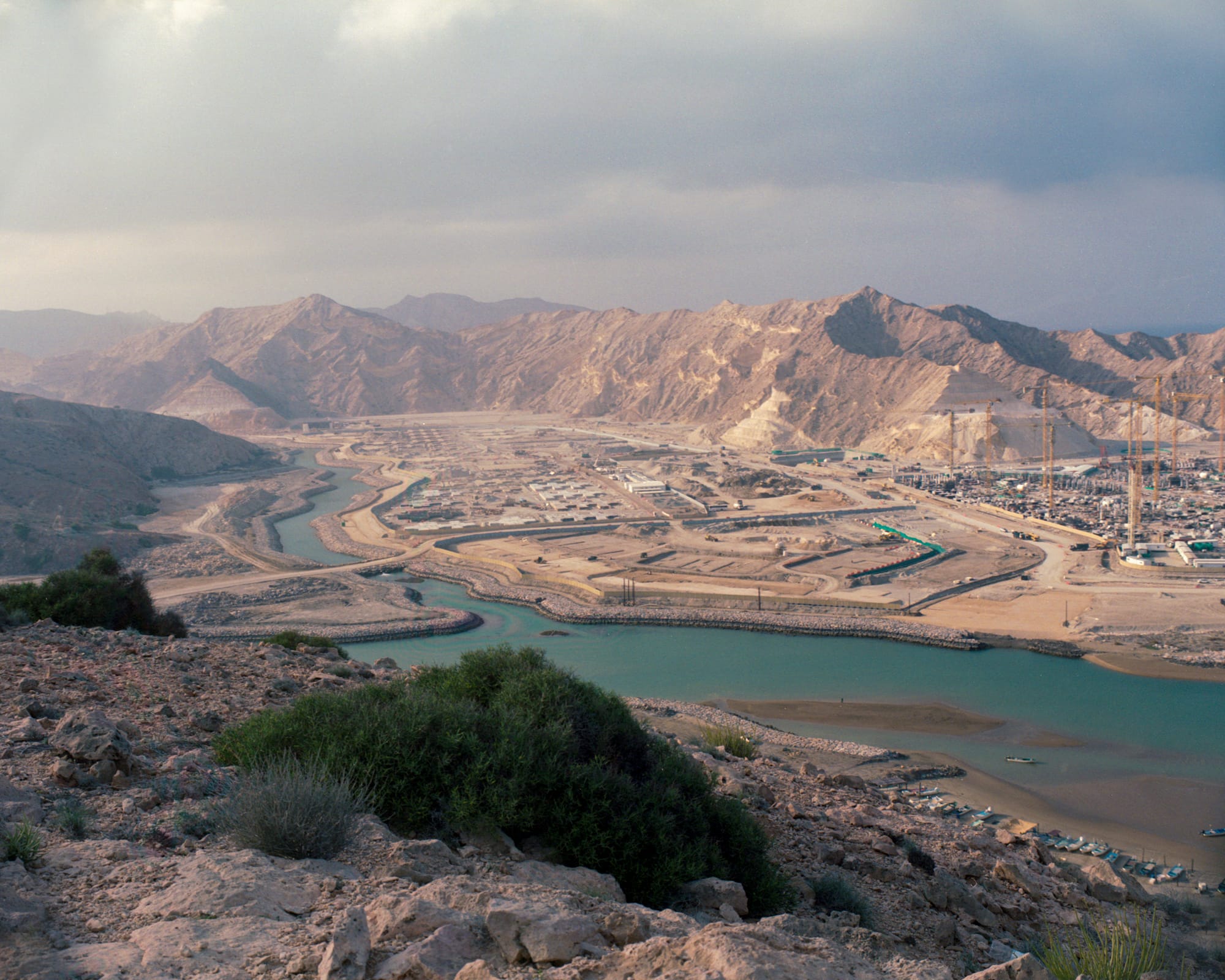
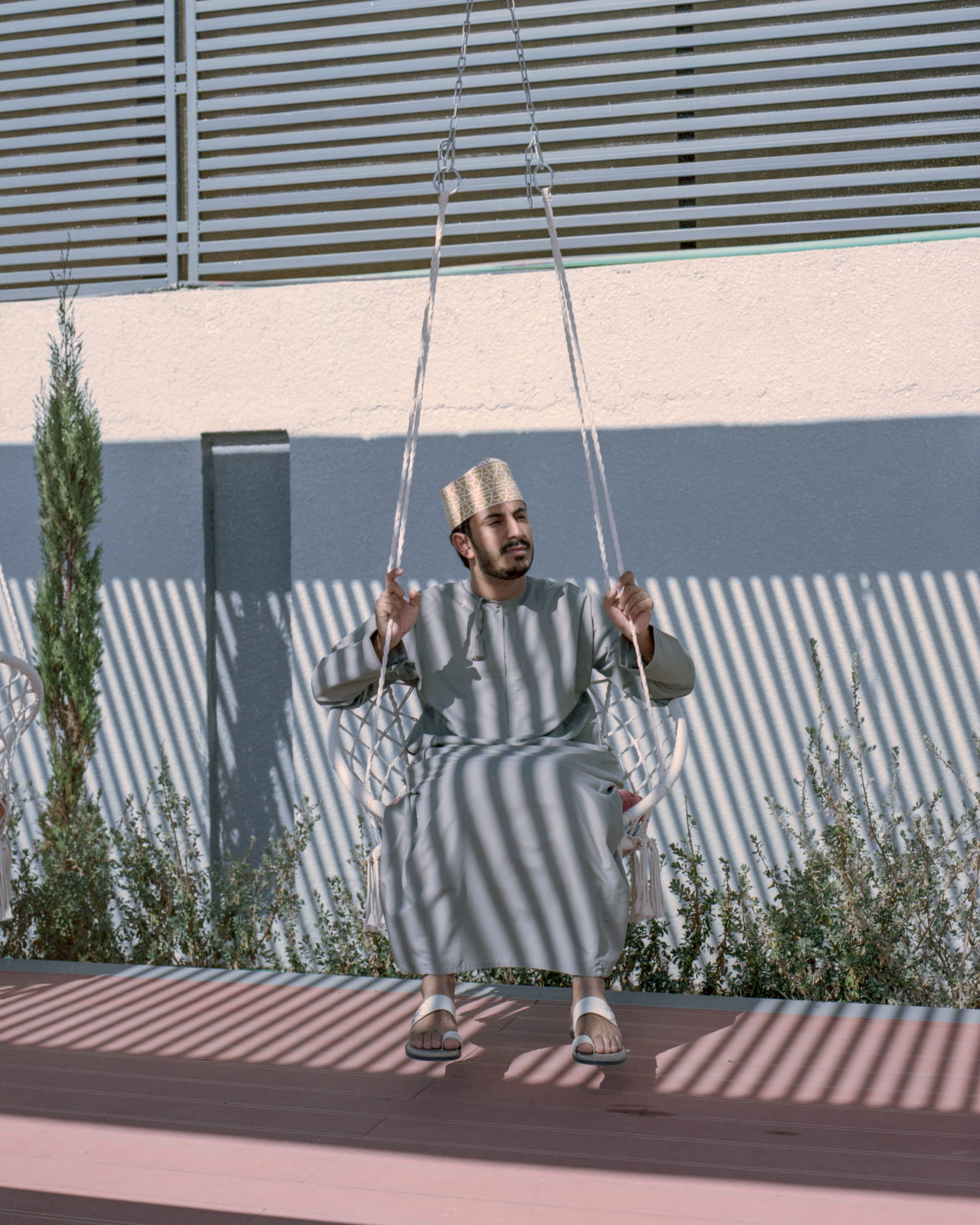
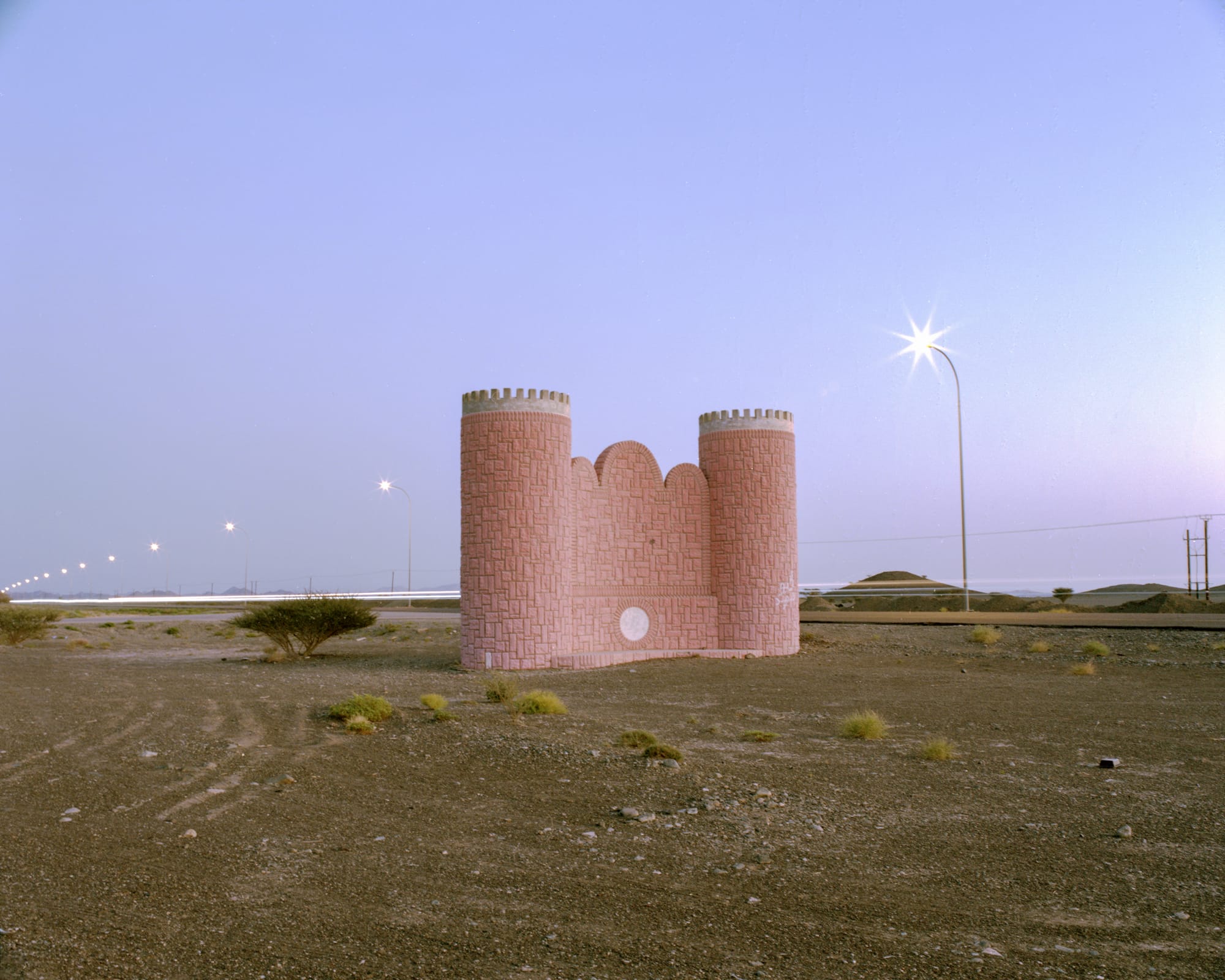
Valentin Joseph Valette biography
Driven by both my photographic practice and my studies in Humanities and Social Sciences, I am interested in the use of visual arts as a research instrument.
My interest in the Arab and Muslim Worlds, fueled by my studies in sociology and political science at the Institute of Political Studies of Sciences Po Aix-en-Provence, led me to join the Research Institute for Development in Tunisia (IRD) for which I produced a research film, currently in editing, and a sociological survey. In this context, since 2023, I have been commissioned by Médecins du Monde to carry out a photographic project on the theme of health in the migration of harragas.
At the same time, since 2021, I have been developing a long-term photographic project "Ashes of the Arabian’s Pearl" on territorial development and economic development in the Sultanate of Oman. This project has been shortlisted for the Leica Oscar Barnack Award 2024, the Kolga Tbillisi Award 2024, the PhMuseum Award 2024, Art Photoc Barcelona Award 2024 and Belfast Photo Festival 2024. I am currently working on the editing of my first photographic book with a publishing house.
In early 2024, I started a doctoral project in visual anthropology entitled "The Harkis and Algeria: links, experiences, and circulations" which intersects with the sociology of migrations, memories, and belongings. I am affiliated with the Research Institute on Contemporary Maghreb (IRMC) in Tunisia and the Institute of Ethnology and Social Anthropology.
